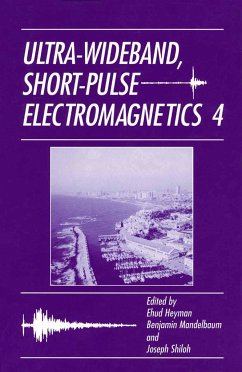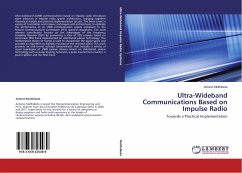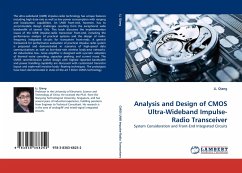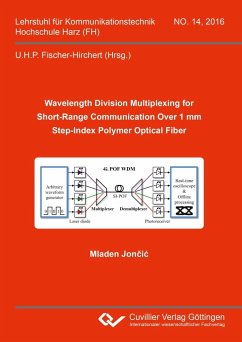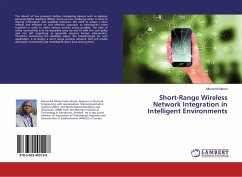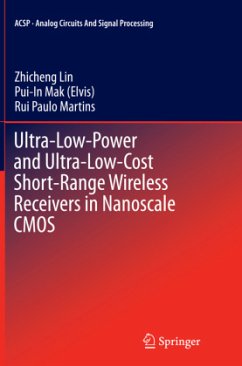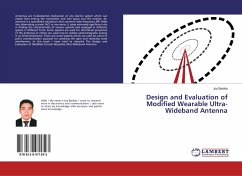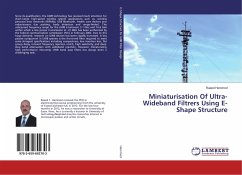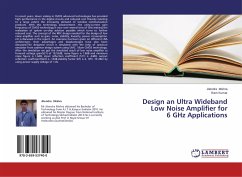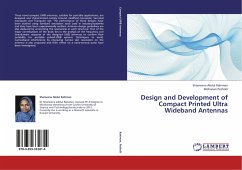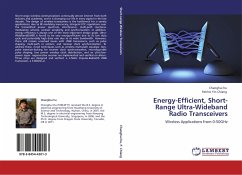
Energy-Efficient, Short-Range Ultra-Wideband Radio Transceivers
Wireless Applications from 0-50GHz
Versandkostenfrei!
Versandfertig in 6-10 Tagen
38,99 €
inkl. MwSt.

PAYBACK Punkte
19 °P sammeln!
Short-range wireless communications continually attract interest from both industry and academia, and it is changing our life in every aspect in the last decade. The design of wireless transceivers is the bottleneck for a variety applications, due to RF modeling inaccuracy, stringent FCC regulations over the transmitted power spectrum, interference, multi-path reections, modulation scheme, receiver sensitivity, and synchronization. In addition, energy efficiency is always one of the most important design goals. Ultra-Wideband(UWB) is found to be very energy-efficient due to its low duty cycle ...
Short-range wireless communications continually attract interest from both industry and academia, and it is changing our life in every aspect in the last decade. The design of wireless transceivers is the bottleneck for a variety applications, due to RF modeling inaccuracy, stringent FCC regulations over the transmitted power spectrum, interference, multi-path reections, modulation scheme, receiver sensitivity, and synchronization. In addition, energy efficiency is always one of the most important design goals. Ultra-Wideband(UWB) is found to be very energy-efficient due to its low duty cycle and potentially high data rate due to its wide bandwidth. However, there still remain unsolved issues with UWB transceivers, such as pulse shaping, multi-path re ections, and receiver clock synchronization. To address these, novel techniques such as wireless multi-path equaliza- tion, pulse injection-locking for receiver clock synchronization, reconfigurable pulse shaping, low power wirelessclock distribution, and an ultra-low-power super- regenerative receiver are implemented and verified on silicon. Three chips are designed and verified: a 3-5GHz Impulse-Radio(IR) UWB transceiver, a 3-60GHz al



